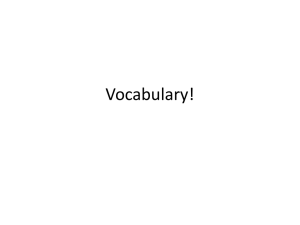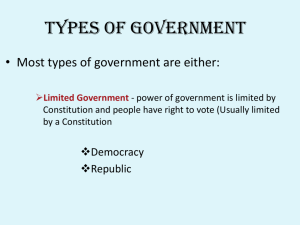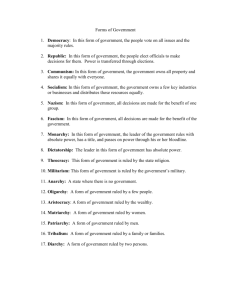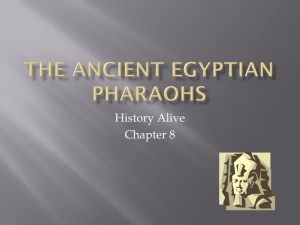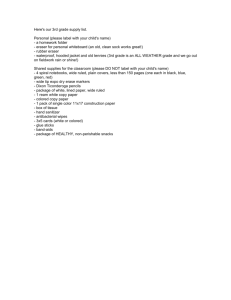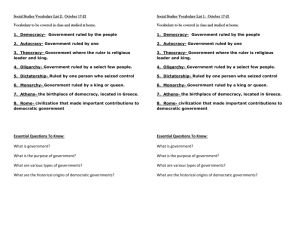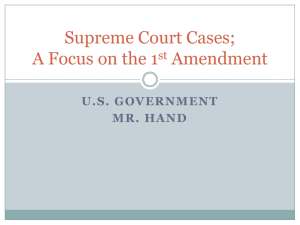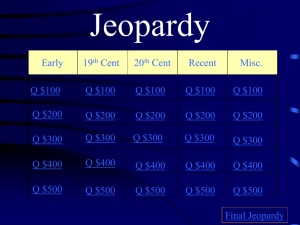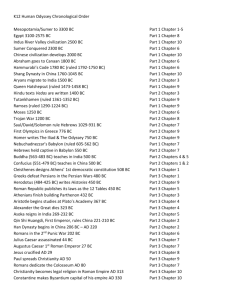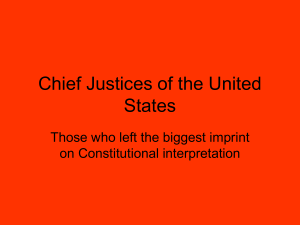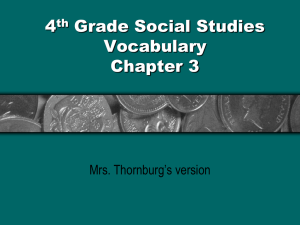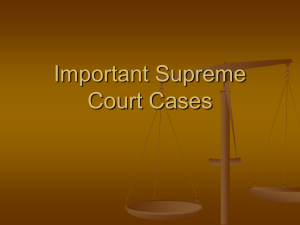Notable Court Cases Crossword
advertisement
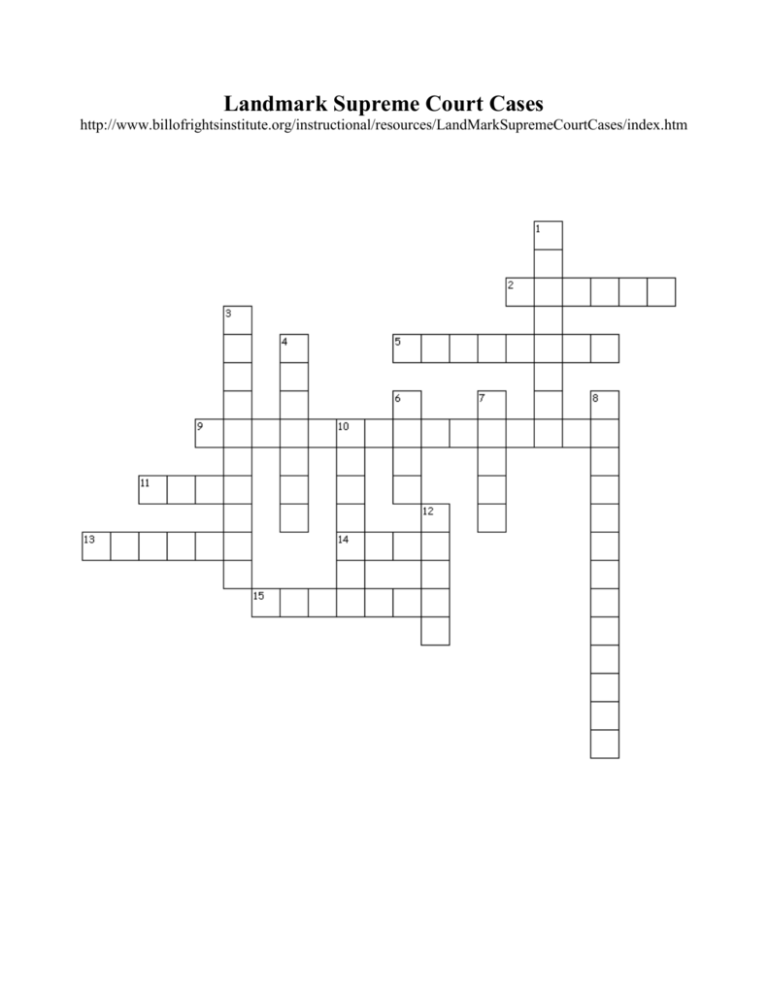
Landmark Supreme Court Cases http://www.billofrightsinstitute.org/instructional/resources/LandMarkSupremeCourtCases/index.htm Across: 2. Ruled that the search of a student’s purse by public school officials did not violate the _____ and Fourteenth Amendments (New Jersey v. TLO, 1985) 5. Companies that produce file-sharing software could be held liable for copyright infringements resulting from the use of that software (MGM Studios v. _____, 2005) 9. Ruled that framed copies of the _____ _____ were not religiously neutral and therefore violated the Establishment Clause (McCreary County v. ACLU, 2005) 11. Burning the American _____ as political protest is a form of symbolic speech protected by the First Amendment (Texas v. Johnson, 1989) 13. Ruled that wearing black armbands to protest the Vietnam War was symbolic speech protected by the First Amendment (_____ v. Des Moines, 1969) 14. Ruled that the National Socialist (_____) Party could not be prohibited from marching peacefully because of the content of their message (Village of Skokie v. National Socialist Party, 1978) 15. Louisiana could not require public schools that teach evolution to also teach creationism as “Creation Science.” (_____ v. Aguillard, 1987) Down: 1. Ruled that the right of personal privacy includes the _____ decision, making it legal (Roe v. Wade, 1973) 3. Ruled that police may search the belongings of all _____ in a car when lawfully seeking evidence against the driver (Wyoming v. Houghton, 1999) 4. The right to physician-assisted _____ did not exist in the Constitution and that state prohibitions were constitutional (Washington v. Glucksberg, 1997) 6. All illegally obtained evidence is inadmissible in court (_____ v. Ohio, 1961) 7. Ruled that _____ adolescents did not have to attend school from ages 14-16 since their religion required living apart from the rest of the world (Wisconsin v. Yoder, 1972) 8. Officially approved, clergy-led prayer at public school graduations violates the _____ Clause (Lee v. Weisman, 1992) 10. Ruled that since police had not informed the defendant of his right to keep silent, his rights were violated and his conviction was set aside (_____ v. Arizona, 1966) 12. The _____ does not protect “fighting words” which, by being said, cause injury or cause an immediate breach of the peace (Chaplinsky v. New Hampshire, 1942)
